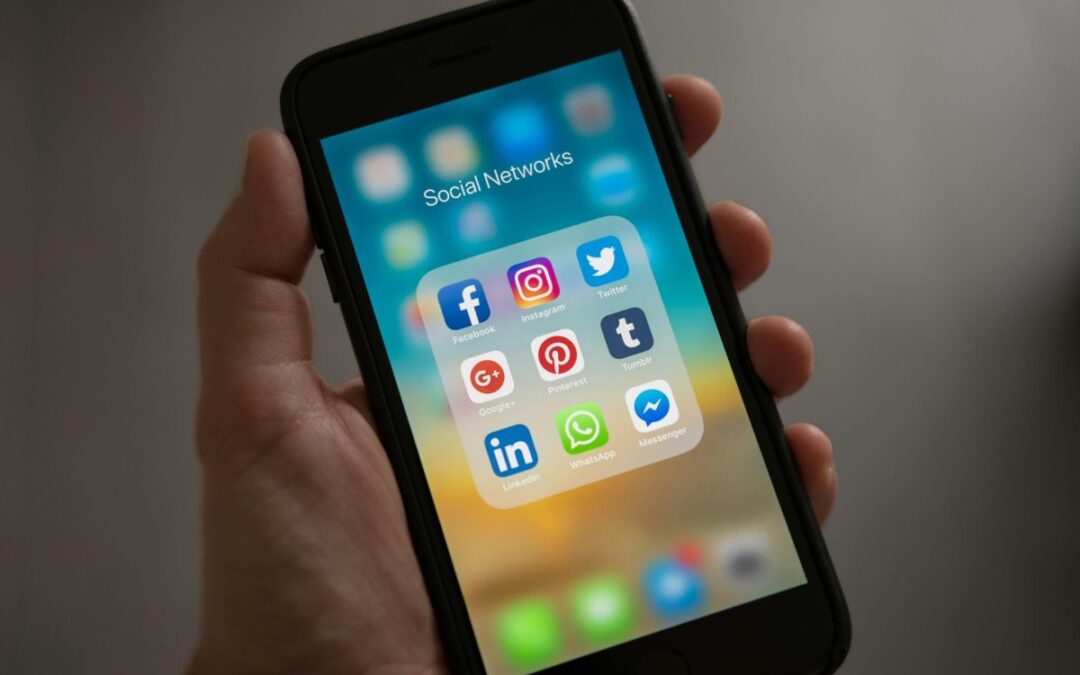 According to Human Resource Executive Online, Brelyn Hammernik, a technical recruiter, was recently sued by her former company, TEKsystems, an IT staffing firm, after she sent messages to members of her LinkedIn network — members who also happened to be current employees of TEKsystems. What was the problem? Her former company claims that she had a non-compete agreement that stated she cannot contact former colleagues and clients.
According to Human Resource Executive Online, Brelyn Hammernik, a technical recruiter, was recently sued by her former company, TEKsystems, an IT staffing firm, after she sent messages to members of her LinkedIn network — members who also happened to be current employees of TEKsystems. What was the problem? Her former company claims that she had a non-compete agreement that stated she cannot contact former colleagues and clients.
This lawsuit is the first of its kind, and it is expected to create precedent regarding social networking and non-compete agreements.
Here are a few other ways LinkedIn can place users on shaky ground.
Account Ownership
When you create an account on LinkedIn, link it to a personal email address rather than a company email. If the account is linked to a company address, the company may claim that the contacts belong to them and not allow you to have access to your account if you leave the employer.
Endorsements
For decades, many companies have had a clear policy that prohibits employees from giving personal references for people they have worked with at that company. When employers check references on a potential hire, they are often rerouted to the company’s HR department where very limited information such as job titles and dates of employment are shared. With the advent of new social media policies, I think it’s just a matter of time before companies formalize their policies around giving LinkedIn recommendations because they don’t want to be saddled with the potential liability these recommendations can create.
Profile Information
Thinking of altering job titles on your LinkedIn profile or embellishing the truth? Don’t do it. This information can be easily found online and if your representation of yourself or the professional impact you had on the company is debatable, your employer could call you on it.
Slideshare Presentations
Presentations of your work can be created on LinkedIn to add some flair and make your profile more three dimensional. But be careful that whatever you are sharing isn’t considered proprietary by a current or former employer.
LinkedIn is a fantastic social media platform and a boon to job seekers. The benefits certainly outweighs the risks, but it is important to use the tool intelligently and not step on any legal landmines along the way.



Hi Barbara,
It had not occurred to me to point out the downsides of
professional networking using LinkedIn.com. Nice post.
It does point out the importance of establishing a personal mail account that is your own. It could be a google account or a yahoo or hotmail mail one.
There is also a case to be made about keeping a personal notebook
containing your ideas, personal accomplishments, items of value and things you might develop separate from your work files. It could be in google-docs or other storage space. This is useful for you when you enter into your personal annual review, while at work. It is also a thought-keeper for helping you grow professionally. Presentations can be shared in this “cloud-computing” mode, but it would be wise not to divulge proprietary or trade secrets. Releasing only publicly-approved documents is suggested.
It might also be to one’s advantage to use euphemisms in one’s profile rather than indicating you are looking for employment elsewhere– business development, getting back in touch.
Embellishing on profiles is never suggested, as you point out. It can be misleading. Nonetheless, there is an opportunity to clarify your role(s) and accomplishments that a job title does not always speak to— Using resume concepts brief, clear and concise do have significance.
Thank you for your perceptive entry. Hope this comment supports your initial ideas.
Dan,
I love the personal notebook idea. Thanks for reading!
Barbara, what are your thoughts about this? My employer has rules on how to use LinkedIn (we can only add industry-related contacts, should only list current position at company, join only industry-specific groups). However, what if you have multiple backgrounds of experience? I’m a writer outside of the 9-to-5 and am heavily involved in the journalism community. Why can’t I have both hospitality (my 9-to-5) AND journalism contacts? Can employers police who their employers connect with?
Junvi,
If the account is linked to your private email and not your employer’s it’s up to you who you decide to connect to. The company can only set these requirements if you are using LinkedIn on company time to develop business on their behalf.